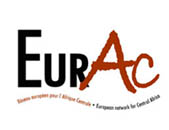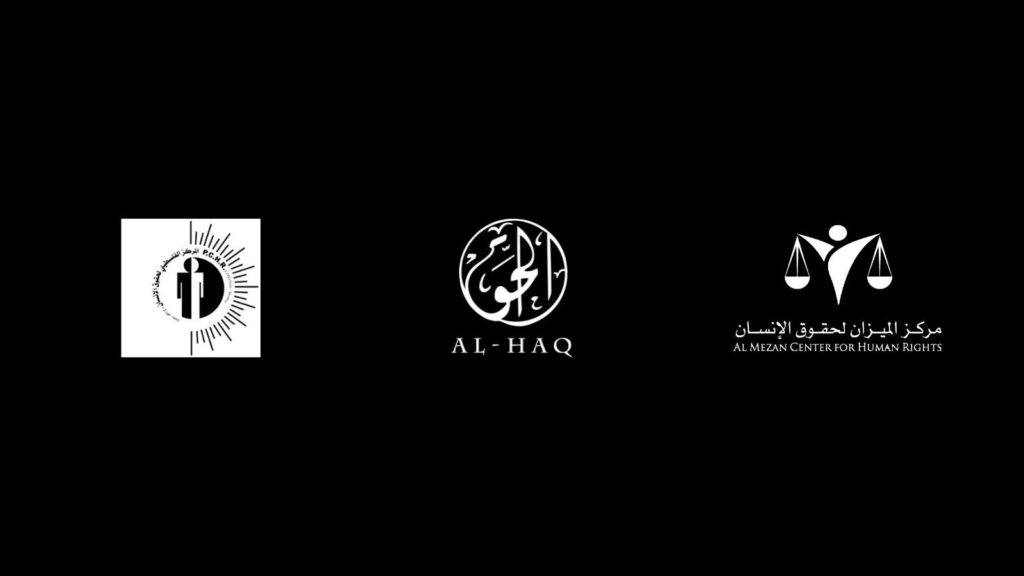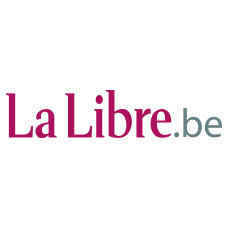In order to prevent further escalation of violence and abuse in the Democratic Republic of Congo (DRC), the European network for Central Africa (EurAc) calls on the European Union (EU) and its member states for sustained and concrete pressure on the Congolese President and his regime after protests, organised across the country by members of the Catholic church demanding Joseph Kabila to step down, turned deadly last Sunday.
According to the United Nations, the violent repression of the demonstrations by national security forces resulted in “the death of at least five people, the wounding of several others and the arrest of over 120 persons”. We can fear an increase in the already significant number of victims, as further information becomes available with the reopening of internet and the media that have been jammed or cut prior and during the protests.
The recent clashes on 31 December, combined with the incessant repressive climate and brutal crackdown against peaceful dissent including the ban on public demonstrations and the continuous violations of the freedom of expression, reunion, association, the desecration of places of worship, as well as the recent arrest of civil society actors and unceasing intimidations and harassment, should be condemned in the strongest terms by the EU and must be an eye opener for a number of EU member states to decide to act. The reaction published today by the EU is too reserved in view of the seriousness of the situation and far from satisfying as it does not provide any concrete measure to prevent further escalation of violence and abuse in the country.
Indeed, we urge the EU and most notably some reluctant member states which seem to put their business interests first, before the protection of the basic human rights and fundamental freedoms of the Congolese people, to take bold action and extend targeted sanctions (asset freeze and travel ban) against new individuals responsible for quashing peaceful dissent with violent repression and for improperly delaying elections. Moreover, as pressure on international donors to fund elections will mount, we reiterate our call on the EU to strictly condition any election funding upon demonstrable political will by Congolese authorities to organise elections in 2018. This comprises a credible, consensual reassessment of financial and logistical needs and benchmarks by the National Electoral Commission (CENI) under the auspices of the international coordinated team of experts the EU is part of, as well as on the restoration of civic and democratic space.
In line with the recently adopted Council Conclusions on the DRC where the EU clearly stated that they consider that the individual responsibility of DRC officials is engaged in cases of serious human rights violations, acts of violence as well as obstructions to the democratic process, we call on the EU and its member states to take concrete steps and in particular to:
- Extend EU targeted sanctions (travel ban and asset freeze) to new individuals, key senior security force officers and government officials, closer to the inner circle of President Kabila, responsible for serious human rights violations taking place across the country, including the recent killings and acts of violence during the 31 December protests, and/or for hindering the democratic process and obstructing a consensual and peaceful solution to the crisis;
- Continue to condition funding for elections upon the realisation by the Congolese government of concrete measures to restore confidence and demonstrate political will to organize free, fair, peaceful and credible elections. These conditions, such as the publication of a realistic and detailed electoral budget and a disbursement plan for international donors, the release of all prisoners of conscience and the end of intimidations, unlawful arrests and detention of human rights defenders, journalists, members of civil society and political opponents, are in line with the 31 December 2016 Agreement which enjoys broad popular support;
- Strongly defend the unconditional right for the Congolese population to demonstrate and reiterate its strong condemnation of the ban on peaceful public demonstrations and policies of intimidating, arresting and detaining any dissident voices;
- Call on Congolese authorities for an independent investigation on the violent repression of the demonstrations of last Sunday 31 December 2017, as well as of September and December 2016;
- Clearly express the EU’s refusal to see President Kabila run for a third term; Strongly communicate to the Congolese government its concern that the Congolese Constitution must not be changed, and that the articles enshrining the principle of democratic alternation are fully respected, and lastly that no referendum must be organised to proceed with any such constitutional changes, and that otherwise there could be serious ramifications for relations between the EU and the DRC.
For media inquiry and/or more information please contact:
Julie Capoulade – Communications & Advocacy Officer – EurAc
Office : +32 2 725 47 70 // Mobile : +32 499 81 01 77
julie.capoulade@eurac-network.org




